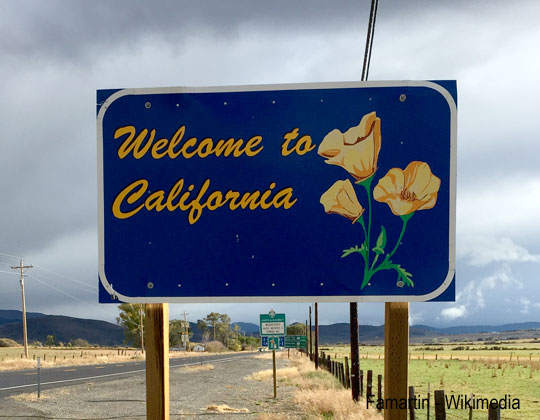
Bill to Drink Until Dawn Crashes Onto Legislative Agenda
The oft-tried, oft-failed 4 A.M. Bar Bill has been reintroduced for 2025, despite its repeated rejections in 2018, 2019, 2020, 2023, and 2024. The current version, AB 342 (Haney, D- San Francisco; Wiener, D-San Francisco), closely resembles last year’s “weekend only” bill. It now authorizes participating cities to extend last call times on Thursday, as well as Friday and Saturday. These would be extended only in a designated “serving hours area,” and require a 5% increase in the police budget.
The consequences of this policy have been unambiguous in existing research. Extended last calls are associated with increases in injuries, emergency room visits, homicides, assaults, motor vehicle crashes, and alcohol-related crime. In fact, in recent years, mounting evidence has shown that areas of high crime can be effectively addressed through changes in last call times. Alcohol Research Group’s Erika Rosen, PhD, authored a study examining an emergency restriction of last call times in a heavily crime-impacted neighborhood in Baltimore. She found that pulling closing time back from 2 a.m to 10 p.m. resulted in a 29% decrease in violent crime, a 48% decrease in homicides, and 31% decrease in assaults.
This may undermine the normally stated purpose of the bill. Whether justly or not, California cities are tarred with the “crime ridden” brush. As a well-documented driver of crime, extended last calls threaten to drive visitors away even as the city tries to tout them.
And if the visitors do flood in after 2 a.m.? Then they become a serious problem for neighboring towns. Research shows that alcohol-related crash deaths are more likely to occur outside of the urban centers. According to studies with DUI diversion participants, dangerous drivers travel anywhere from 7 to 40 miles before getting pulled over. This makes the highways coming out of major cities a pipeline for dangerous driving, and indeed, analyses of Bay Area crash data show alcohol-involved deaths are between 20% and 120% more likely to happen on freeways leaving San Francisco and Oakland than heading into them.
The bill makes a wave at suppressing crime and crashes by mandating a 5% increase in police spending for any city enacting extended last calls. But make no mistake, that’s an empty offer. Nothing requires the additional funds to be spent on monitoring the alcohol-related violence and injury. It would, however, sink cities like San Francisco deeper into existing budget holes, mandating an additional $40m for San Francisco and $588m for Los Angeles—while both cities keep cutting vital public services, including the transit that might actually offset some of this bill’s harms.
Between the hollowing out of city budgets and the exporting of motor vehicle deaths, the entire bill functions as an engine for economic injustice. Under AB 342, wealthy urban centers would vie for revenue from people driving into those cities. Then those “party commuters” would distribute the burden of auto injuries and deaths to outlying communities, while the cities themselves would then be forced to shovel any additional tax revenue away from public services.
The good news is, these bills have been killed before. Whether by veto, by floor vote, or by a critical mass of affected cities condemning them, extended last call times remain broadly unpopular. Ultimately, a few cities’ contempt for the safety of partygoers should not be enough to spread harm to every community. But as the bill rears its ugly head again, it’s time for community members to make their voices heard.
CONTACT US for alerts about the 4 A.M. Bar Bill and opportunities to Take Action.
READ MORE about the risks of extended last call times.
